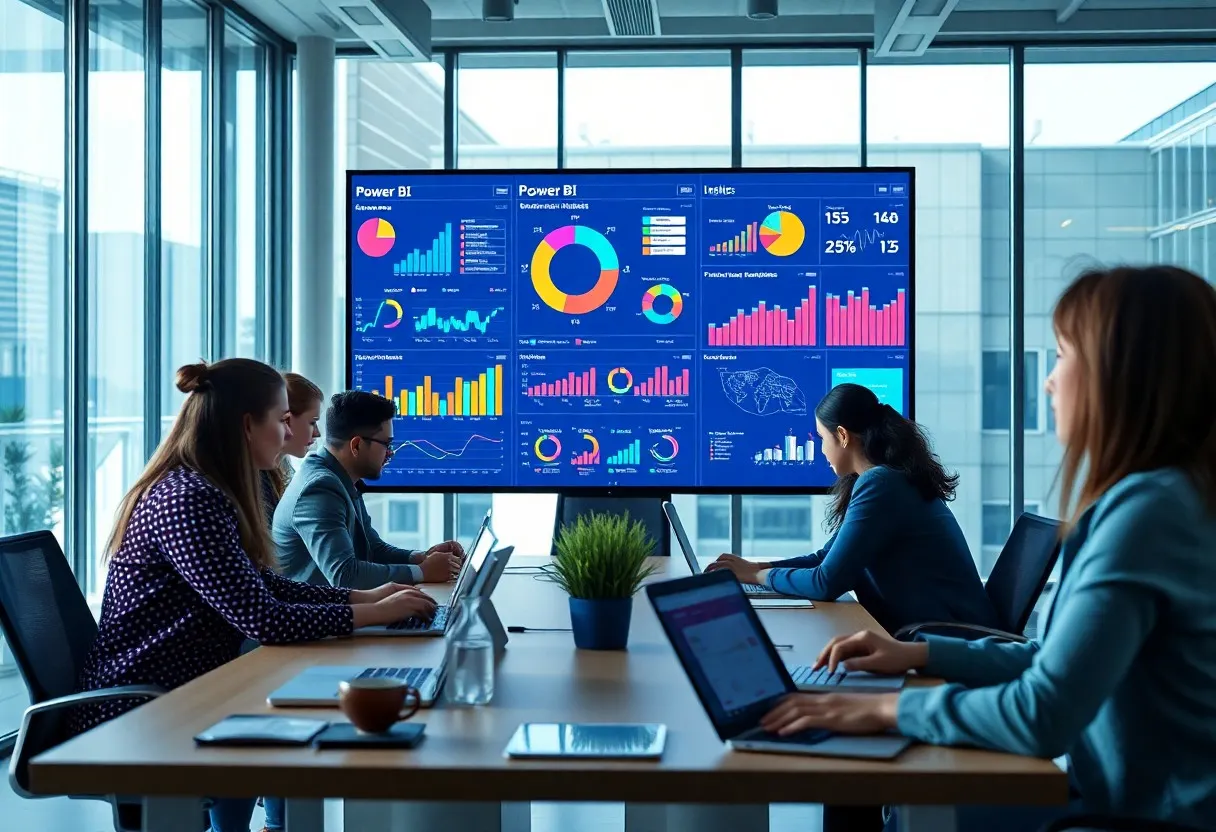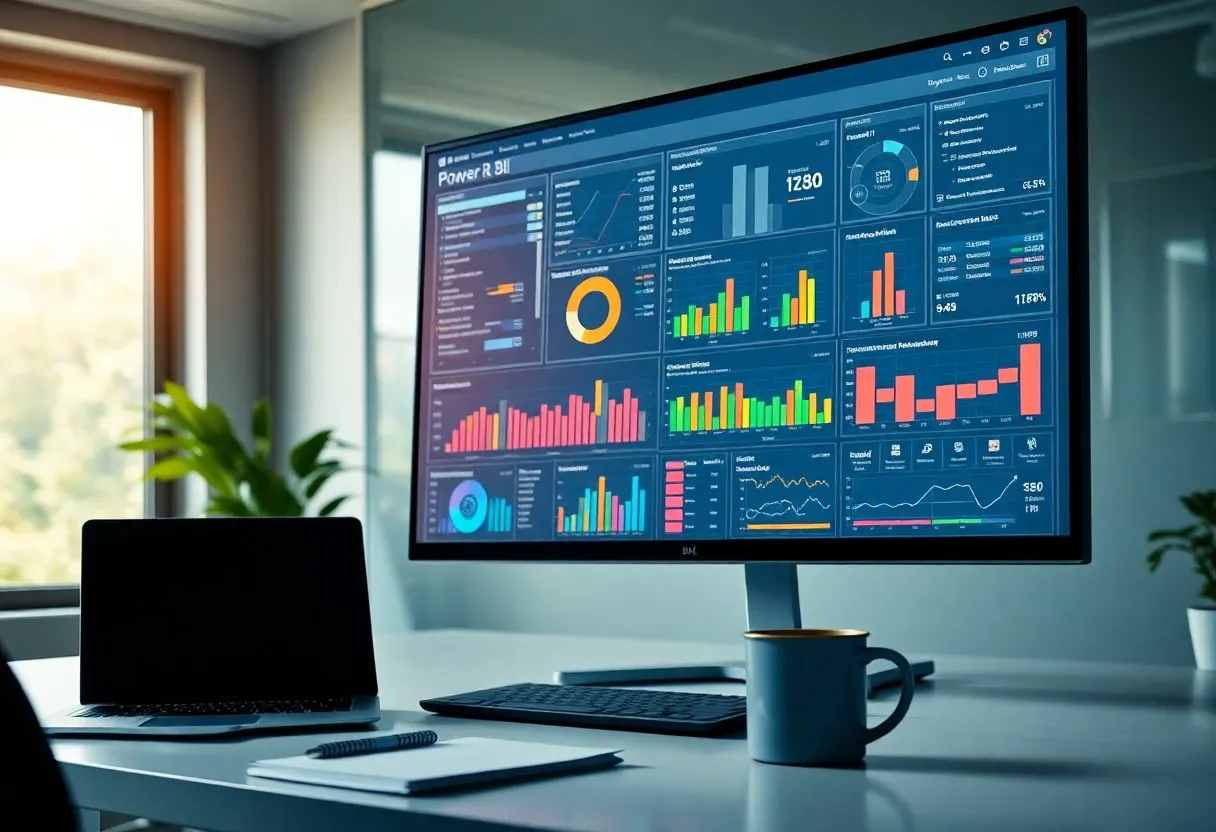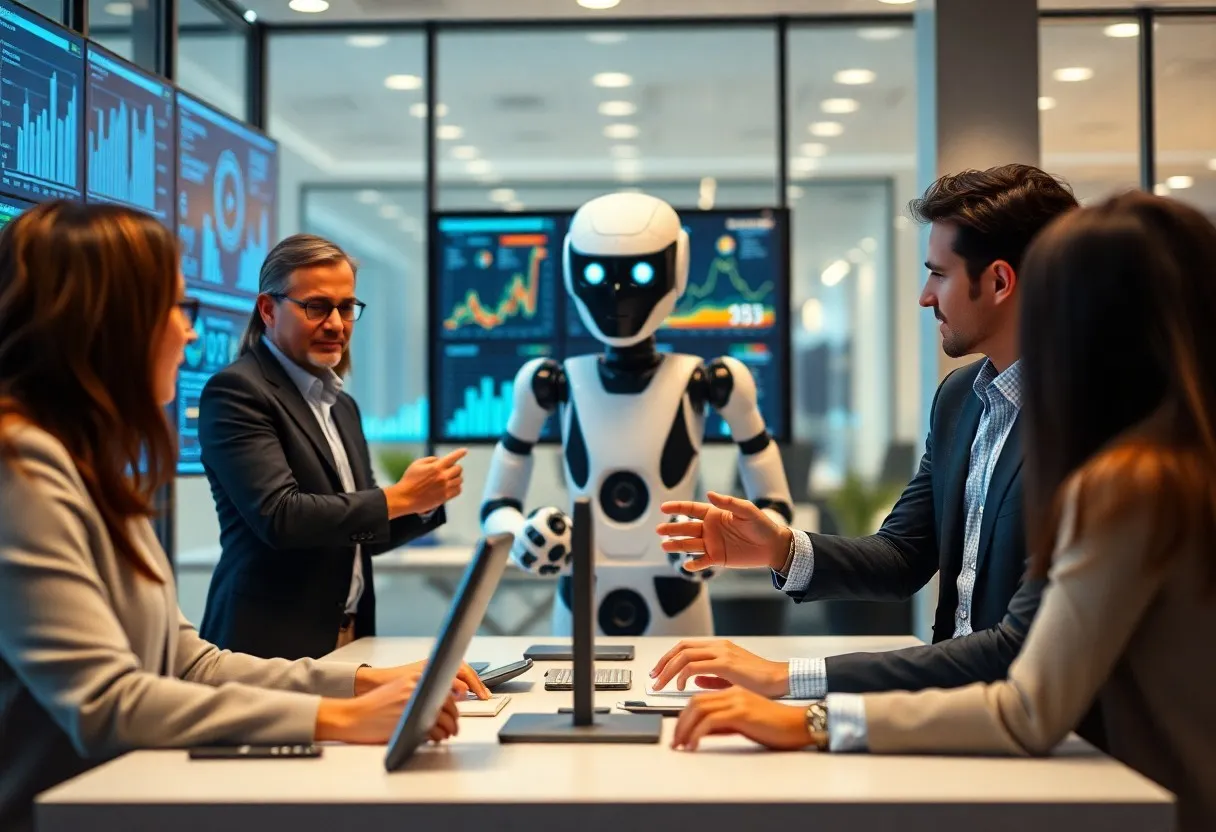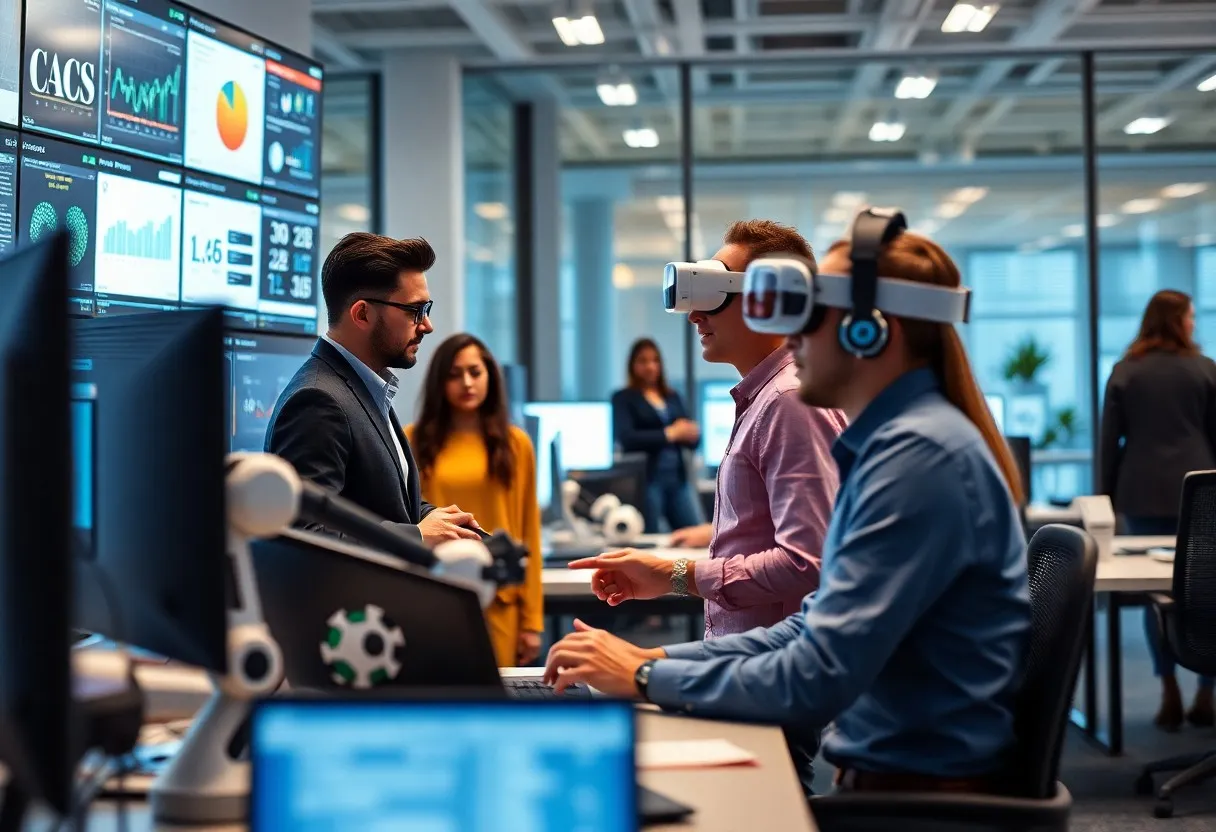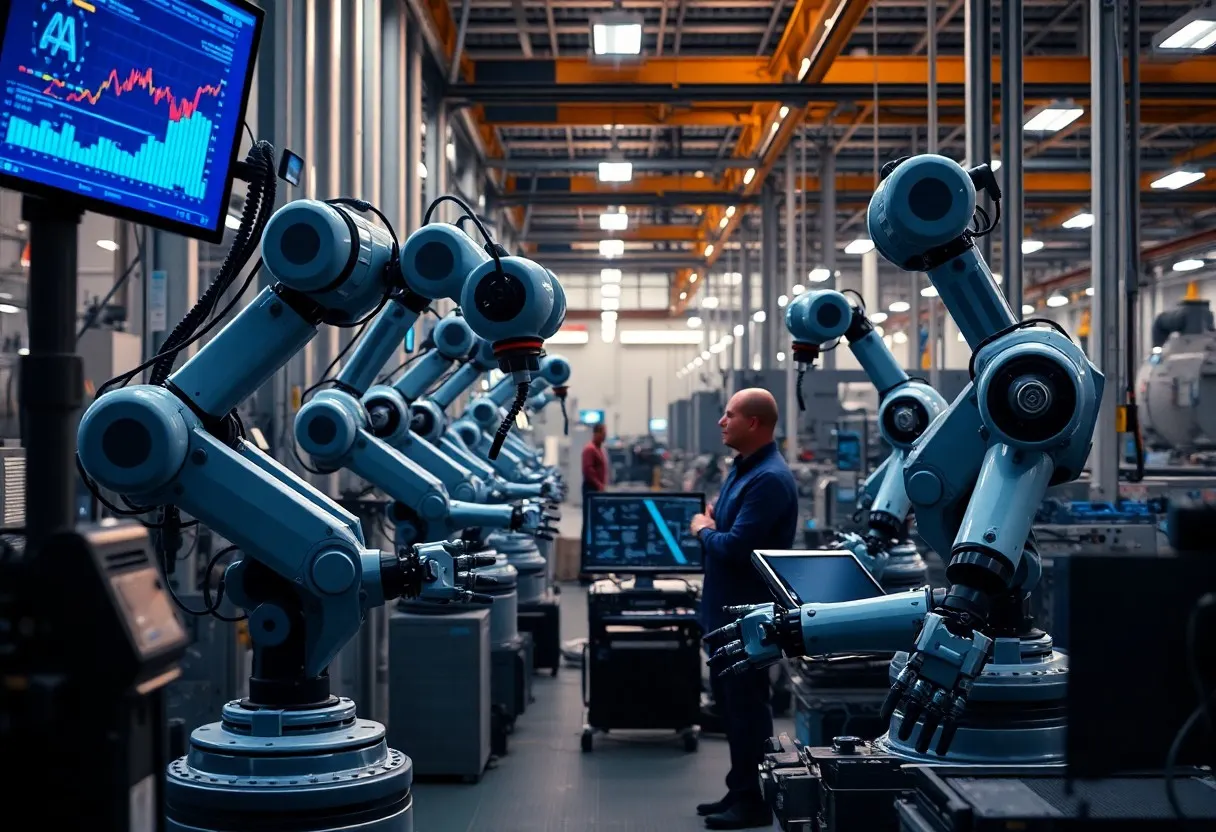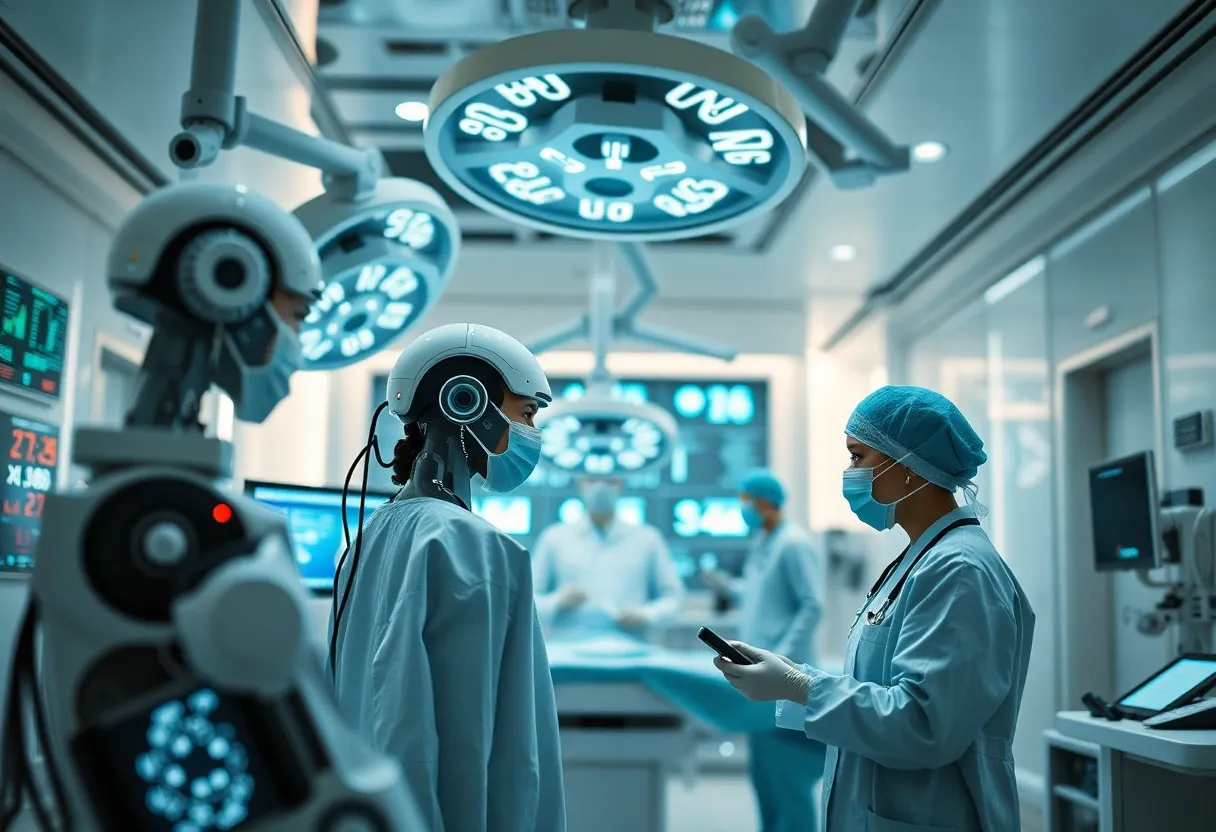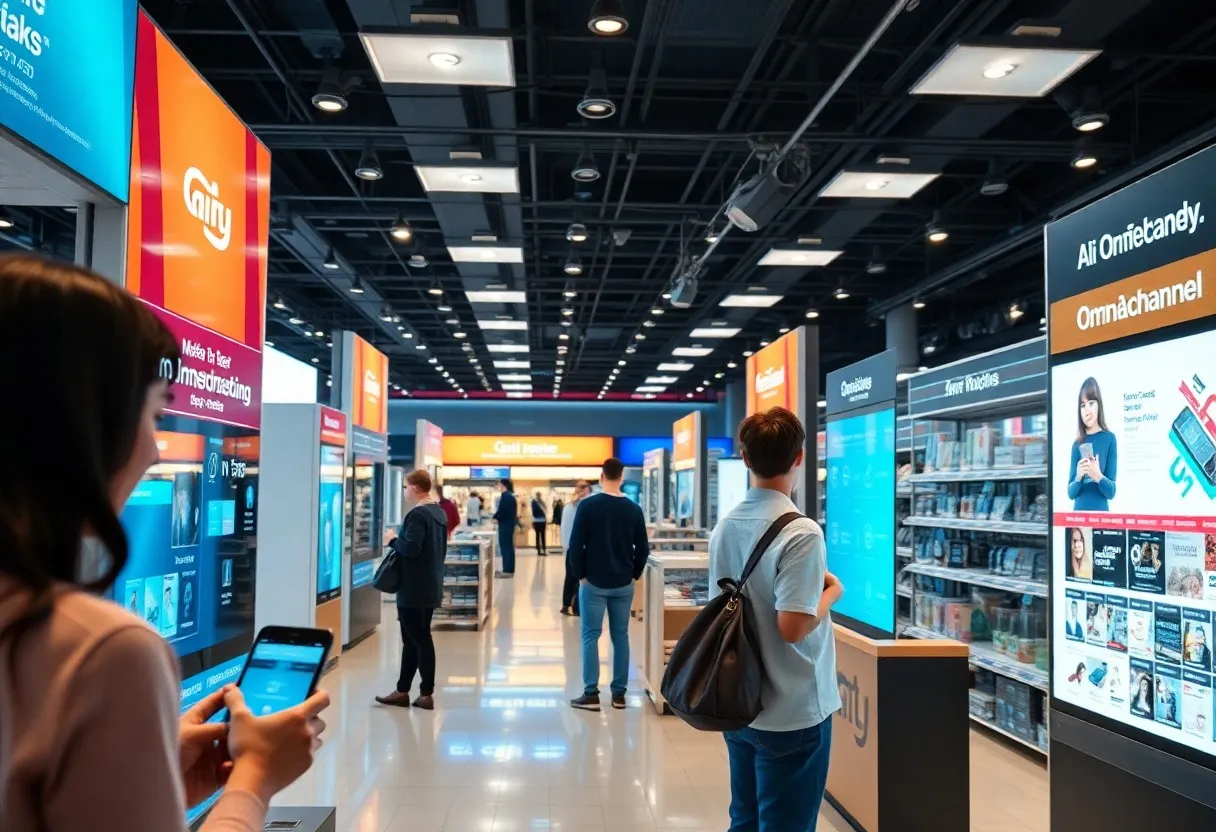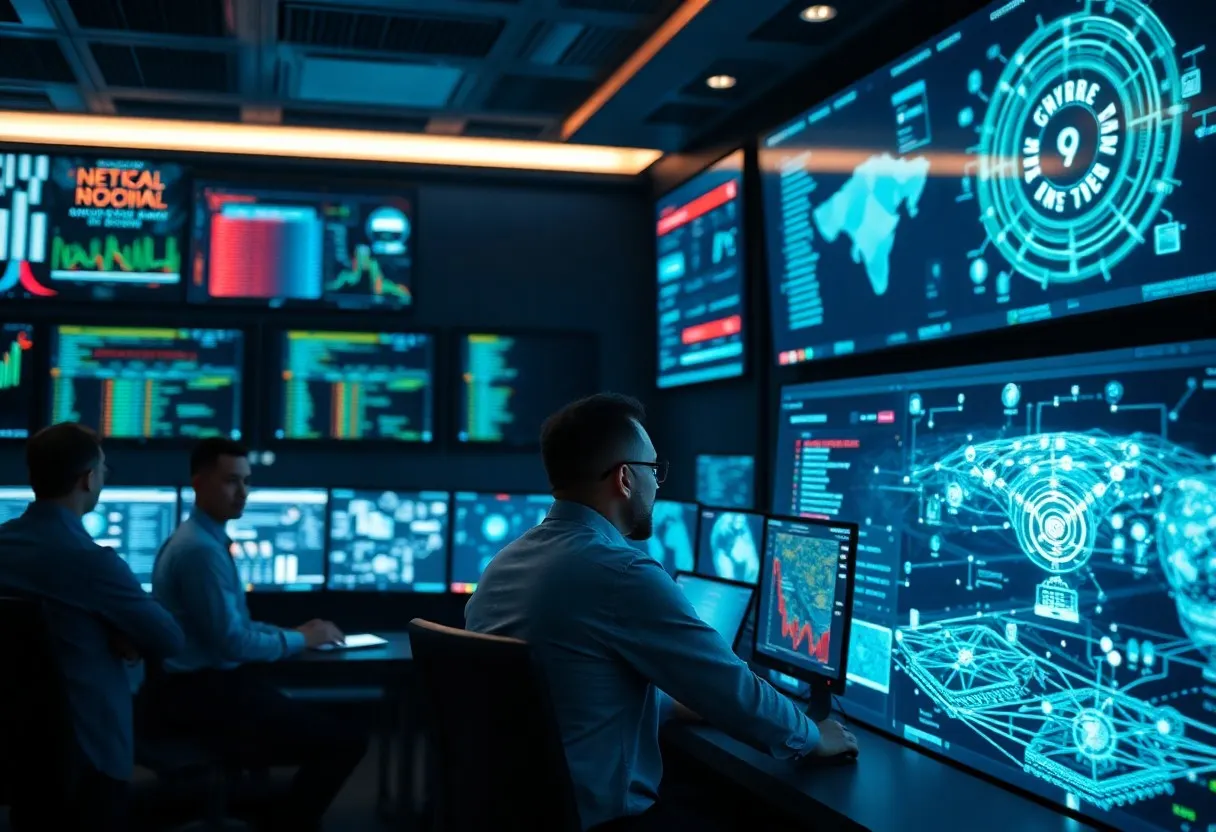AI Trends Impacting Automation And Workforce Evolution
Over the past few years, I have witnessed remarkable developments in artificial intelligence that are reshaping automation and the workforce. As industries adapt to these advancements, you may find yourself navigating a rapidly changing professional landscape. In this post, I will explore key AI trends, their implications for automation, and how they are influencing workforce dynamics. By understanding these trends, you can better prepare for the future of work and position yourself competitively in your career.
The Pivotal Role of AI in Redefining Automation
AI is fundamentally transforming automation by introducing intelligent decision-making capabilities that enhance processes across industries. Through advancements in machine learning and data analytics, systems can now adapt in real-time, personalizing workflows and optimizing resource allocation. As a result, tasks that traditionally relied on human intuition are increasingly becoming automated, allowing your workforce to focus on higher-value activities. This evolution not only improves operational efficiency but also enables businesses to stay competitive in a rapidly changing marketplace.
Revolutionary Changes in Automation Processes
Automation processes are witnessing a paradigm shift as AI technologies seamlessly integrate into operations. From robotic process automation (RPA) that mimics repetitive tasks to the implementation of intelligent agents that learn from historic patterns, these innovations streamline workflows and reduce error rates. Industries like manufacturing and retail are leveraging AI to transform their supply chains, optimizing inventory management, predictive maintenance, and demand forecasting, leading to smarter, more agile operations.
How AI Drives Efficiency and Productivity Gains
Efficiency and productivity are no longer just goals; with AI, they are measurable realities. By automating mundane and repetitive tasks, AI liberates your team to focus on strategic initiatives, thereby enhancing overall output. For example, businesses that adopt AI-driven chatbots can handle customer inquiries 24/7, leading to faster response times and higher satisfaction rates. Moreover, studies show that companies implementing AI in their operations witness productivity increases of up to 40%, as repetitive tasks are executed in a fraction of the time it would take a human.
These gains in efficiency translate directly into the bottom line, as AI not only reduces labor costs but also minimizes the risk of human error. For instance, in a manufacturing setting, AI can analyze complex production schedules and predict downtime, allowing maintenance teams to address issues before they lead to costly delays. By creating a more agile workforce that can respond quickly to changing demands, companies position themselves to innovate continually and adapt to the evolving market landscape, thereby ensuring long-term sustainability.
Workforce Transformation: Adapting to an AI-Driven Environment
As AI technologies continue to infiltrate various sectors, workforce transformation becomes vital for organizations seeking to thrive. Embracing an AI-driven environment means adapting business processes, workflows, and job roles. Workers must become adept at integrating AI tools into their daily tasks, ultimately pushing the boundaries of productivity and innovation. For this transformation, organizations can facilitate training programs that empower their teams to leverage AI's capabilities effectively, which I believe is vital for maintaining a competitive edge.
Essential Skills for the Future Workforce
Success in an AI-rich landscape requires a dynamic skill set that goes beyond traditional competencies. Soft skills such as critical thinking, creativity, and emotional intelligence are increasingly important, as they complement technical know-how. Familiarity with data analysis, machine learning, and coding will also be vital in achieving synergy with AI technologies. I recognize that fostering these vital skills through comprehensive training and development initiatives is necessary to prepare your future workforce for the challenges ahead.
The Rise of Hybrid Roles and Collaborative Work Models
Hybrid roles are emerging as companies rethink how teams operate in AI-enhanced environments. These roles blend diverse functions, enabling professionals to engage in cross-disciplinary tasks, fostering collaboration among IT specialists, data analysts, and operational staff. I find that this shift not only enhances innovation but also encourages a more inclusive workplace, where diverse perspectives lead to better problem-solving. Companies that embrace this collaborative spirit will likely see improved outcomes in efficiency and adaptability.
The integration of hybrid roles signifies a departure from conventional job definitions, where employees are pigeonholed into fixed tasks. As organizations embrace more fluid work models, you may find yourself collaborating regularly with colleagues from various departments, breaking down silos and promoting a culture of shared knowledge. This approach not only streamlines operations but also encourages creative solutions that can emerge from diverse viewpoints. As a result, fostering this collaborative environment can yield notable benefits, such as increased employee satisfaction and a more agile response to market demands.
The Ethical Implications of AI in Employment
AI's rapid growth in the workforce raises significant ethical questions, particularly concerning employment practices and human value in society. The automation of tasks traditionally performed by humans can lead to job displacement, changing the landscape of the labor market. As we strive for efficiency and productivity, we must carefully consider the socio-economic impacts on individuals and communities. Well-considered policies and frameworks are vital to ensure the integration of AI is not only innovative but also equitable and just.
Addressing Job Displacement Concerns
Many fear that AI will replace jobs, leaving workers struggling to adapt. Transitioning workers into new roles requires systems that emphasize upskilling and reskilling, often supported by organizations and governments. Empowerment of displaced workers must be a priority if we intend to harness AI's potential while fostering economic stability. Programs that equip individuals with sought-after skills can mitigate the adverse effects of job displacement.
Ensuring Fairness and Transparency in AI Deployments
Transparency in AI decision-making processes is paramount for establishing trust. Developing actionable guidelines around AI algorithms can help ensure fairness, particularly in hiring practices and workplace advancements. By engaging diverse teams in AI development, we can reduce biases and improve outcomes for marginalized groups, aligning with broader principles of equitable treatment.
Developing AI systems that prioritize fairness and transparency is vital for responsible deployment. Imagine a scenario where an AI system unintentionally favors one demographic over another in hiring practices; the implications are significant. To combat this, organizations are now increasingly turning to audit processes and bias detection tools to scrutinize AI outputs. By documenting AI decisions and disclosing the underlying algorithms, companies can hold themselves accountable, fostering trust among employees. Furthermore, initiatives like the Equal Employment Opportunity Commission in the United States are pushing companies to adhere to ethical AI guidelines, ensuring fair representation while advancing innovation. This approach not only supports diverse workforces but also promotes inclusivity, strengthening the overall work environment.
Future Predictions: Where AI and Workforce Trends are Leading
Expectations for the future of AI and the workforce are rapidly evolving. As organizations adopt AI technologies at an unprecedented scale, I foresee a landscape where the synergy between human skills and AI capabilities transforms traditional job roles. The integration of these technologies will likely lead to new job categories, enhanced employee productivity, and a more dynamic work environment tailored to individual strengths and preferences.
Anticipating the Next Wave of Job Changes
Job markets will inevitably undergo significant shifts as AI continues to permeate various industries. I predict that while routine tasks may diminish, there will be an increased demand for roles focused on AI oversight, data interpretation, and ethical considerations. Workers will need to adapt by upskilling and embracing lifelong learning to navigate this transition successfully.
Potential Breakthroughs in Human-AI Collaboration
The future of work will be defined by innovative partnerships between humans and AI systems. I envision that breakthroughs in natural language processing and machine learning will enable seamless interaction, enhancing productivity and creativity. Such advancements could lead to AI companions that assist in decision-making processes, allowing you to leverage their analytical strengths while maintaining critical human oversight.
Delving deeper into this potential, I see exciting developments on the horizon where AI can not only augment tasks but actively engage in creative processes alongside humans. For instance, AI tools are being developed to assist designers and marketers by analyzing consumer behavior trends in real-time, providing actionable insights that can drive campaign success. Furthermore, initiatives like IBM’s Project Debater showcase AI's ability to participate in complex discussions, underscoring how human-AI collaboration can enrich decision-making in more nuanced and human-centric ways. Such cooperations will reshape not only the tasks we perform but also the dynamics of teamwork, leading to more innovative and adaptable workplaces as we move into the future.
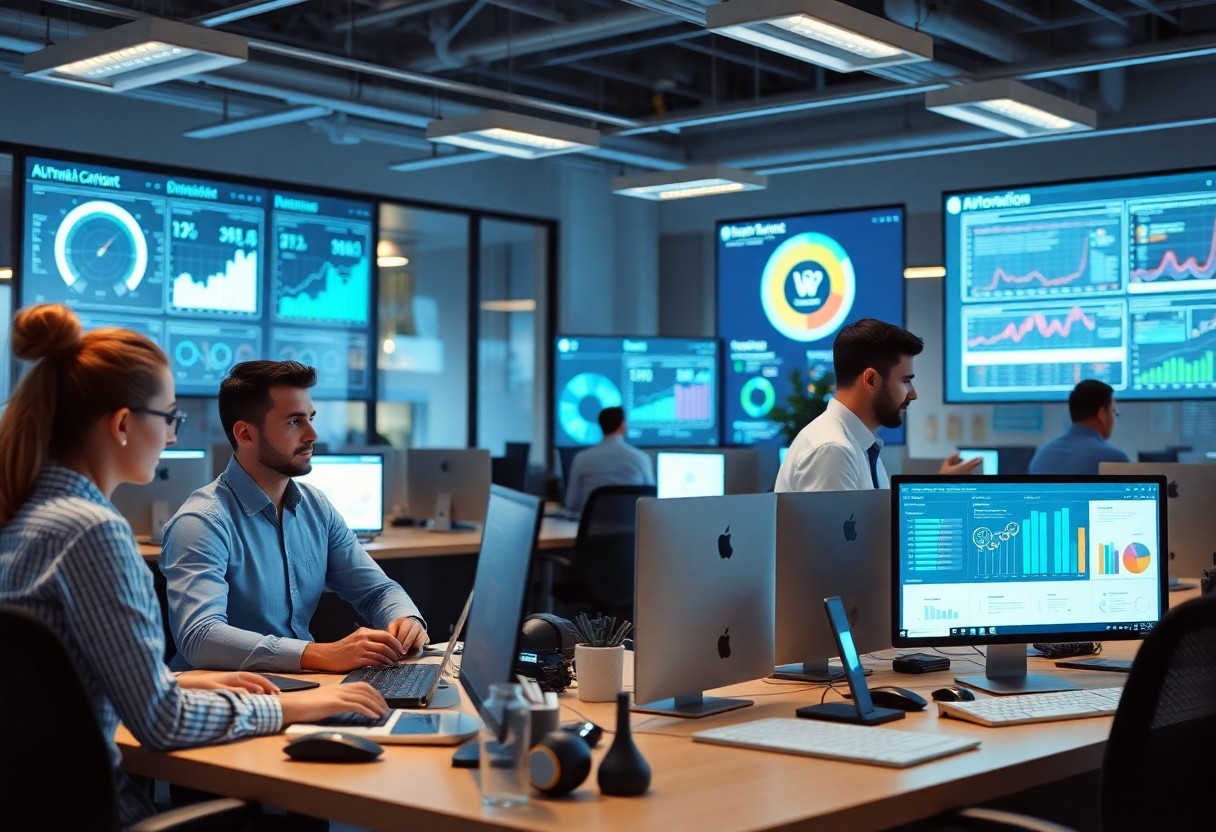
Practical Strategies for Companies to Thrive Amidst AI Evolution
Embracing AI evolution requires proactive efforts from companies to navigate changes in the workforce landscape. Strategies such as fostering a forward-thinking culture, focusing on employee development, and strategically integrating AI technologies can enhance your firm’s adaptability and growth. With the right approach, your organization can not only survive but thrive in this rapidly transforming environment.
Developing a Continuous Learning Culture
Fostering a continuous learning culture equips employees with tools to adapt to AI advancements. Offering ongoing training programs, workshops, and access to online courses helps ensure your workforce remains competitive and up-skilled. Regularly assessing employee growth and addressing skill gaps can facilitate this approach, positioning your company as an industry leader.
Leveraging AI for Enhanced Employee Engagement
Utilizing AI can significantly improve employee engagement by personalizing the workplace experience. AI-driven tools in HR, such as chatbots for instant feedback and predictive analytics to understand employee sentiment, can create a responsive environment. Beyond administrative tasks, AI applications for performance management enable tailored development plans and facilitate recognition of employees' contributions effectively.
By integrating AI into your engagement strategy, you can measure employee satisfaction and performance in real-time, allowing for timely interventions. Implementing AI-powered platforms that analyze feedback from employees provides you with insights that influence action plans. This data-driven approach enhances work-life balance, promotes tailored incentive programs, and fosters a sense of community, ensuring employees feel valued and understood. Investing in these tools not only boosts morale but drives overall productivity, shaping a resilient workforce that thrives alongside technological advancements.
Final Words
Now that we've explored the AI trends shaping automation and workforce evolution, it's clear that these advancements are redefining the way we work and interact with technology. As I observe these changes, I encourage you to embrace the potential of AI in your professional journey and consider how you can adapt your skills to thrive in a rapidly evolving landscape. By staying informed and open to innovation, you can position yourself advantageously for the future of work.


